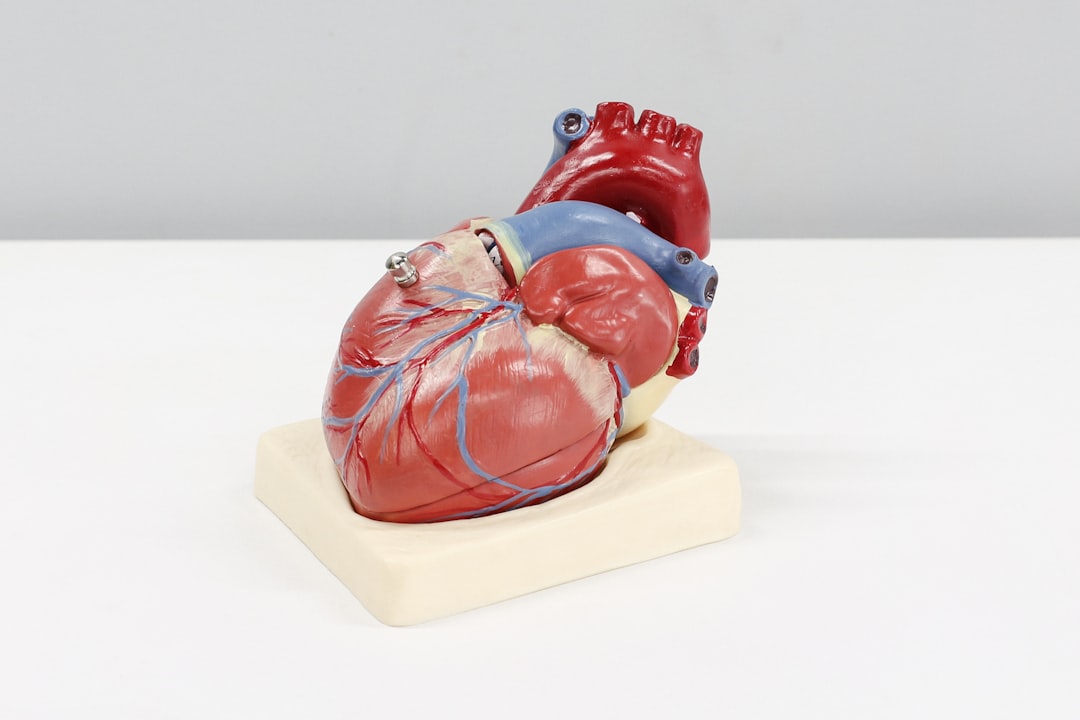Medical care can seem complex, and in some ways it is, but taking care of yourself is essential if you want to live a healthy and happy life. There are many different kinds of doctors, and understanding which doctors are right for each situation is necessary for anyone who cares to protect themselves from illness and injury. The good news is that there are plenty of resources online and off that can help you stay informed and keep you safe. If you want to learn more, keep reading to find out the difference between a primary care doctor and a specialist.
What is the difference between a primary care doctor and a specialist?

Primary care providers are doctors who have general training and can provide care for most medical problems. Specialists are doctors who have additional training in a specific area of medicine, like the best cardiologists in Los Angeles. Generally, a specialist doctor is a physician who has received a complete education in a particular area of medicine, allowing them to provide specialized care for patients with complex or rare medical conditions. Cardiology is a particularly important specialty, as heart disease is the leading cause of death in the United States of America.
An office like this one that handles primary care in Staten Island can help you with things like checkups, annual physicals, and referrals. These doctors are essentially the first line of defense for your health. They provide general care for most health problems, and can refer you to a specialist if necessary. They also play an important role in preventive care, helping you stay healthy and catch health problems early. Your primary care physician is responsible for your overall health, and will coordinate your care with other specialists, if necessary.
Primary care is typically the initial point of contact for patients with health concerns. They are typically general practitioners, family physicians, internists, or pediatricians. They provide preventive care, diagnose and treat common illnesses, and refer patients to specialists when an issue requires treatment beyond the scope of their practice. It is important to discuss your health concerns with your primary care provider to determine a course of treatment.
When should you see a doctor?

If you are experiencing any concerning symptoms, it is always best to contact a health care professional, but there are some general things to look out for that may indicate you need to see a doctor. If you are experiencing a fever, this may be a sign of an infection and you should seek medical attention. Similarly, if you are experiencing extreme pain, this could be a sign of a more serious problem. You should also consult a doctor if you are experiencing unusual bleeding, difficulty breathing, or swelling.
You can avoid too many trips to the doctor by taking good care of yourself. There are a lot of things that we can do to take care of ourselves. Eating a healthy diet, getting enough exercise, and getting enough sleep are all important. It can be tough to make healthy choices every day, but it’s worth it in the long run. When you’re healthy, you feel better both physically and mentally, and you’re less likely to get sick. You’ll also be more energetic and have more stamina, which will come in handy in every aspect of your day-to-day life.
Everyone needs a trip to the doctor from time to time. Knowing which type of doctor you need and how to find them is important for anyone who is responsible for their own medical care. Having a primary care physician is the best way to be proactive about preventive care, which can help you avoid more serious health conditions. Specialists can diagnose and treat medical problems that require advanced knowledge about a specific field or discipline. You can always ask a doctor what new patients should know when you go in for an appointment.




